Acne, the pesky and persistent skin condition that has plagued many of us, often comes with a slew of myths and misconceptions. From the idea that eating chocolate causes breakouts to the belief that only teenagers get acne, these myths can cloud our understanding of how to achieve clear, healthy skin. In this article, we’re going to peel back the layers of misinformation and uncover the truth about acne.
The Reality of Acne
Before we dive into debunking myths, let’s establish a clear understanding of what acne is:
Acne is a skin condition that occurs when hair follicles become clogged with oil and dead skin cells. This can lead to the formation of pimples, blackheads, whiteheads, and sometimes deeper cysts or nodules. Acne can affect people of all ages, not just teenagers, and it can appear on various parts of the body, not just the face.
Now, let’s tackle some common myths about acne.
Myth 1: Only Teenagers Get Acne
Fact: While acne is most prevalent during the teenage years due to hormonal changes, it can affect individuals of all ages. Adult acne is a real thing, and it can persist well into adulthood. Factors like hormonal fluctuations, genetics, and lifestyle can contribute to acne at any age.
Myth 2: Eating Chocolate Causes Acne
Fact: There is no direct link between eating chocolate and developing acne. However, diet can play a role in skin health. Consuming a balanced diet rich in fruits, vegetables, and whole grains can support overall skin health. Excessive consumption of sugary and processed foods may contribute to inflammation, which can exacerbate acne in some individuals.
Myth 3: Popping Pimples Makes Them Go Away Faster
Fact: Popping pimples is not a recommended way to treat acne. It can actually worsen the condition by pushing bacteria deeper into the skin, leading to more inflammation and potential scarring. Instead, opt for gentle cleansing, topical treatments, or consult a dermatologist for safe and effective acne management.
Myth 4: Acne is Caused by Poor Hygiene
Fact: Acne is not solely caused by poor hygiene. While keeping your skin clean is essential, overwashing or using harsh, drying cleansers can strip the skin of natural oils and exacerbate acne. The primary factors behind acne are genetics, hormones, and the buildup of oil and dead skin cells.
Myth 5: Sun Exposure Clears Acne
Fact: Sun exposure may initially dry out pimples and give the appearance of improved skin. However, prolonged sun exposure can lead to skin damage and increase the risk of skin cancer. It does not provide a long-term solution for acne and can worsen the condition over time.
Myth 6: Acne Will Clear on Its Own
Fact: While some individuals may outgrow acne, many others require treatment to manage and clear the condition effectively. Acne can be persistent, and leaving it untreated may result in scarring or long-term skin damage. Consulting a dermatologist for a personalized treatment plan is often necessary.
The Path to Clear Skin
Achieving clear skin involves adopting a holistic approach that goes beyond skincare myths:
1. Gentle Cleansing: Wash your face twice daily with a gentle, non-comedogenic cleanser to remove dirt and excess oil without over-drying the skin.
2. Topical Treatments: Over-the-counter or prescription topical treatments containing ingredients like benzoyl peroxide, salicylic acid, or retinoids can help manage acne.
3. Hydration: Stay hydrated to support overall skin health. Drinking water helps flush toxins from the body.
4. Healthy Diet: Consume a balanced diet with plenty of fruits and vegetables. Avoid excessive sugary or processed foods.
5. Stress Management: High stress levels can exacerbate acne. Practice stress-reduction techniques such as meditation, yoga, or deep breathing.
6. Professional Help: If acne persists or is severe, consult a dermatologist for a customized treatment plan, which may include prescription medications or procedures.
In conclusion, understanding the truth about acne is the first step toward achieving clear, healthy skin. While myths abound, knowing the facts empowers you to make informed decisions about your skincare routine and overall well-being. Remember that everyone’s skin is unique, and what works for one person may not work for another. Be patient and persistent in your quest for clear skin, and don’t hesitate to seek professional guidance when needed.
[Note: This article provides general information about acne and is not a substitute for professional medical advice. Consult a dermatologist for personalized skincare recommendations.]

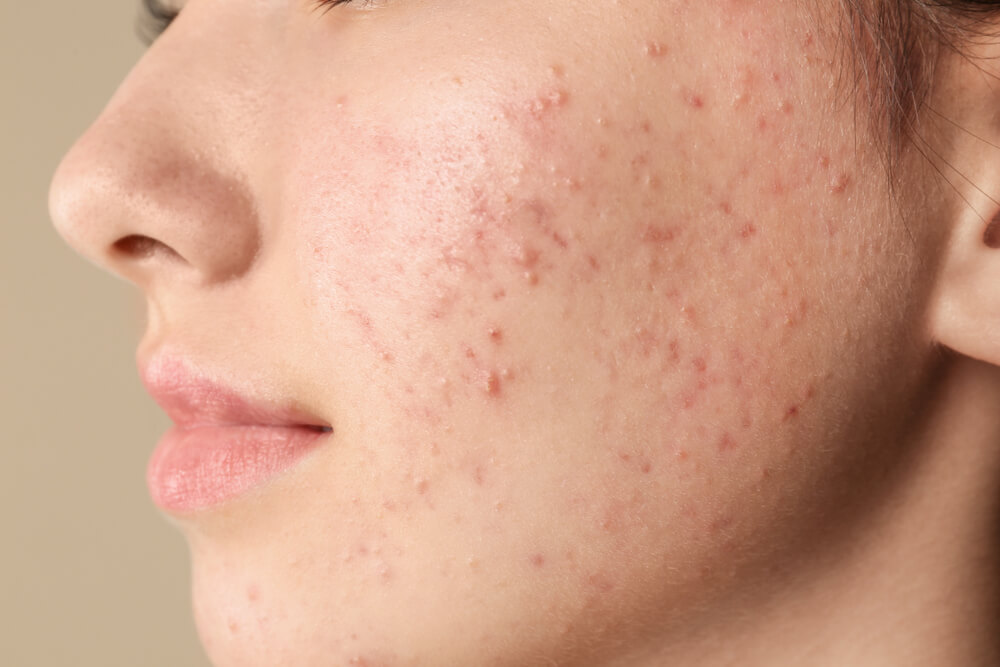
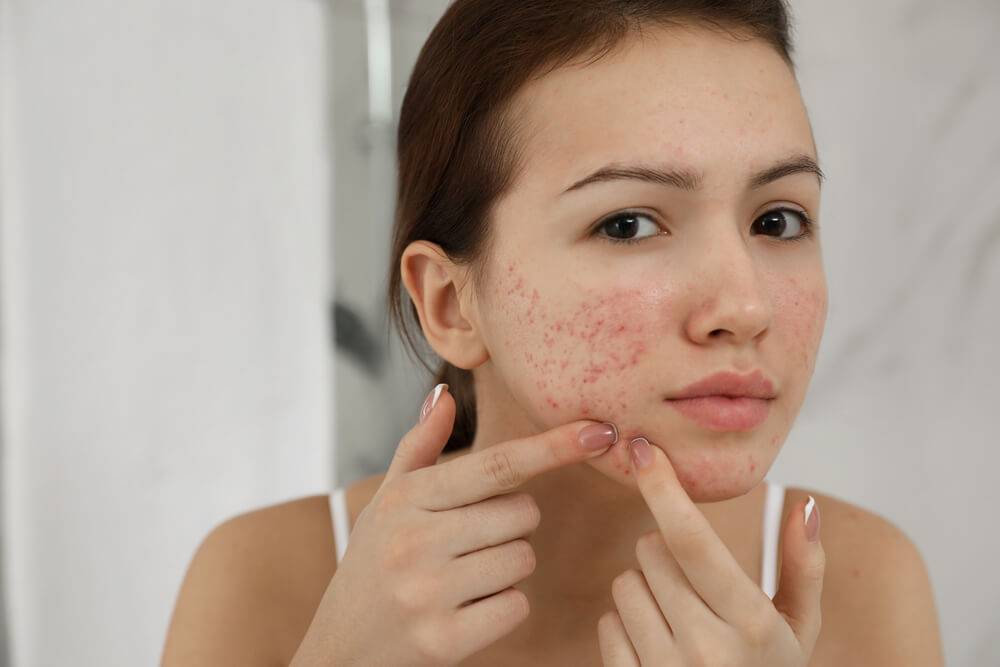
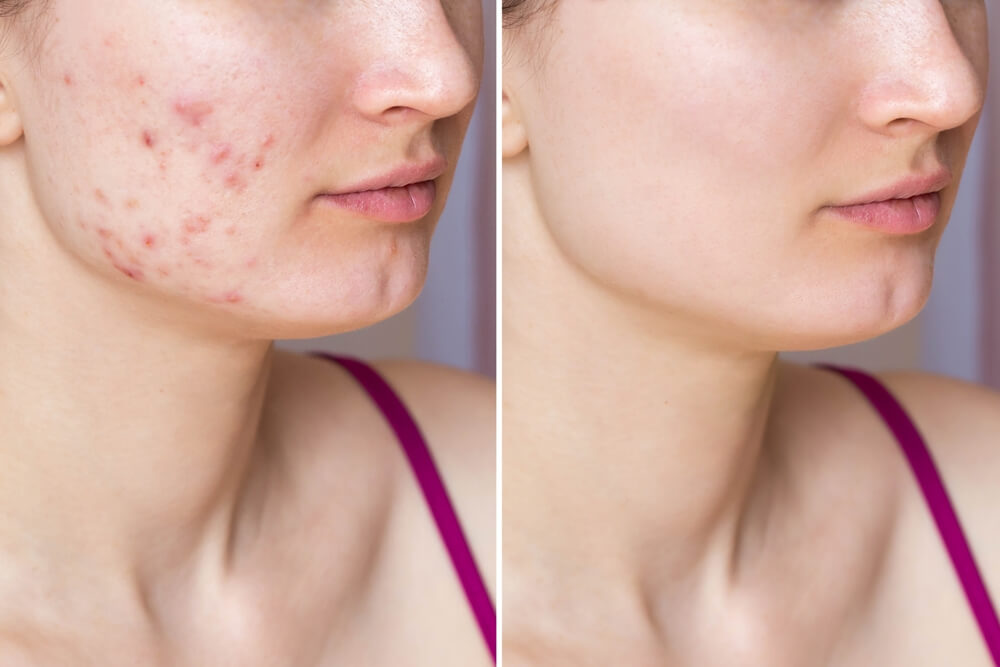

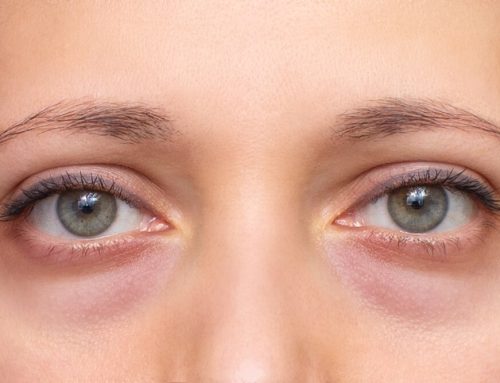
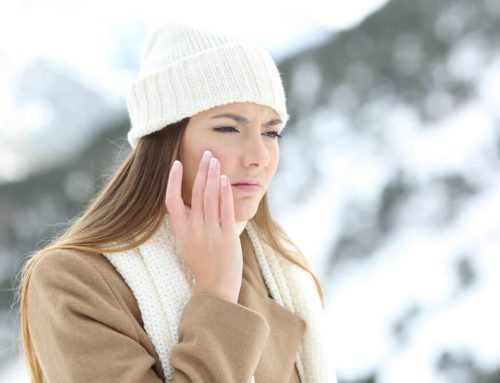
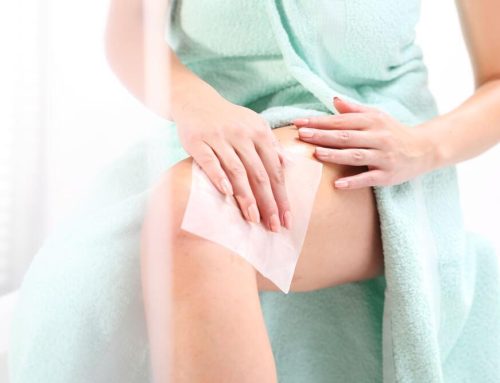
Leave A Comment